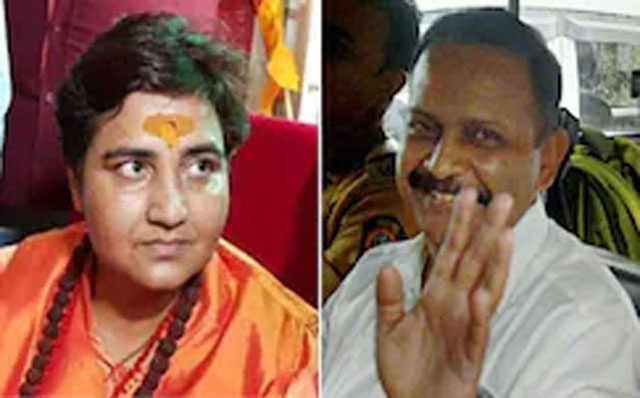Daijiworld Media Network- Mumbai
Mumbai, Jul 31: The long-awaited verdict in the 2008 Malegaon blast case, which shook Maharashtra’s Nashik district with a deadly explosion and sparked nationwide political debate, is set to be pronounced today by a special NIA court in Mumbai.
On the evening of September 29, 2008, a bomb fitted to a motorcycle detonated near Bhikku Chowk in Malegaon, killing six and injuring over a hundred. The attack, which occurred in a communally sensitive town, initially led investigators to explore conventional terror networks. However, the Maharashtra ATS later arrested individuals linked to right-wing Hindu groups, marking a sharp turn in the probe.

Among those arrested were former BJP MP Sadhvi Pragya Singh Thakur and Army officer Lt Col Prasad Shrikant Purohit—both of whom denied involvement and were granted bail in 2017. The case was transferred to the National Investigation Agency (NIA) in 2011, which continued the investigation but dropped certain charges, including those under MCOCA.
Since charges were framed in 2018, the court examined 323 prosecution witnesses and eight defence witnesses. A massive amount of evidence was presented—over 10,800 exhibits and 404 seized articles. Notably, around 40 witnesses turned hostile during the trial. Final arguments concluded in April 2025, and the judgment was reserved by Judge A K Lahoti of the Special NIA Court.
The case has remained at the centre of legal and political storm, as it was one of the first in which individuals linked to Hindu organisations were accused of terrorism—prompting heated debates over the term “saffron terror.”
The prosecution relied on confessions, witness testimonies, and evidence linking the accused to meetings allegedly held to plan retaliatory attacks. The defence, however, claimed political vendetta, custodial torture, and planted evidence, and highlighted that the NIA itself dropped serious charges, casting doubts over the original investigation.
As the final verdict draws close, India watches closely for a decision that could have far-reaching consequences on politics, justice, and public discourse.